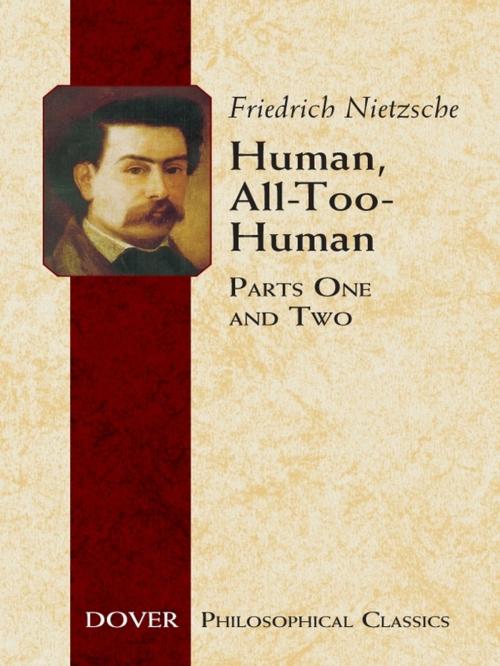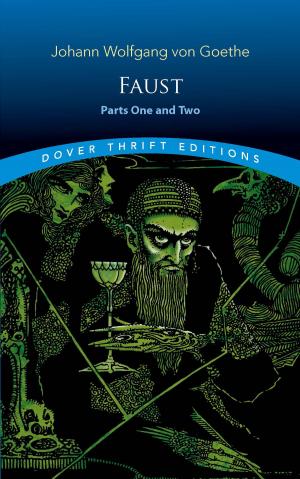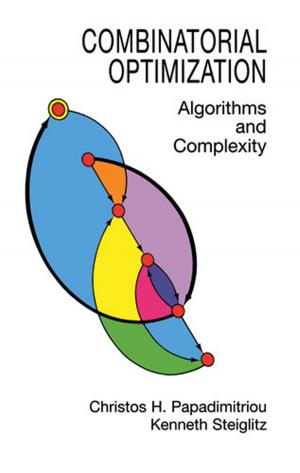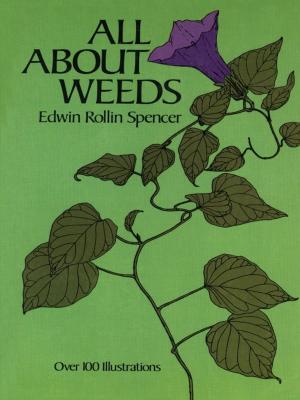| Author: | Friedrich Nietzsche | ISBN: | 9780486119298 |
| Publisher: | Dover Publications | Publication: | March 15, 2012 |
| Imprint: | Dover Publications | Language: | English |
| Author: | Friedrich Nietzsche |
| ISBN: | 9780486119298 |
| Publisher: | Dover Publications |
| Publication: | March 15, 2012 |
| Imprint: | Dover Publications |
| Language: | English |
"Offers dazzling observations of human psychology, social interaction, esthetics and religion."—New York Times Book Review
With Human, All-Too-Human, Nietzsche challenges the metaphysical and psychological assumptions behind his previous works. The philosopher reviews his usual subjects—morality, religion, government, society—with his characteristic depth of perception, unflinching honesty, and iconoclastic wit. His manner of expression, however, takes a new turn.
More than 1,400 incisive and poetic aphorisms appear here. Subtitled "A Book for Free Spirits," this volume marks the author's first use of the aphoristic approach, which he retained in his subsequent writings and elevated to new heights. The style is particularly suited to this book, which rejects overly systematic thinking and conventional wisdom, anticipating both existentialism and post-modernism. Many themes of Nietzsche's later works first appeared here, making Human, All-Too-Human fundamental to an understanding of the author's thought.
With Human, All-Too-Human, Nietzsche challenges the metaphysical and psychological assumptions behind his previous works. The philosopher reviews his usual subjects—morality, religion, government, society—with his characteristic depth of perception, unflinching honesty, and iconoclastic wit. His manner of expression, however, takes a new turn.
More than 1,400 incisive and poetic aphorisms appear here. Subtitled "A Book for Free Spirits," this volume marks the author's first use of the aphoristic approach, which he retained in his subsequent writings and elevated to new heights. The style is particularly suited to this book, which rejects overly systematic thinking and conventional wisdom, anticipating both existentialism and post-modernism. Many themes of Nietzsche's later works first appeared here, making Human, All-Too-Human fundamental to an understanding of the author's thought.
"Offers dazzling observations of human psychology, social interaction, esthetics and religion."—New York Times Book Review
With Human, All-Too-Human, Nietzsche challenges the metaphysical and psychological assumptions behind his previous works. The philosopher reviews his usual subjects—morality, religion, government, society—with his characteristic depth of perception, unflinching honesty, and iconoclastic wit. His manner of expression, however, takes a new turn.
More than 1,400 incisive and poetic aphorisms appear here. Subtitled "A Book for Free Spirits," this volume marks the author's first use of the aphoristic approach, which he retained in his subsequent writings and elevated to new heights. The style is particularly suited to this book, which rejects overly systematic thinking and conventional wisdom, anticipating both existentialism and post-modernism. Many themes of Nietzsche's later works first appeared here, making Human, All-Too-Human fundamental to an understanding of the author's thought.
With Human, All-Too-Human, Nietzsche challenges the metaphysical and psychological assumptions behind his previous works. The philosopher reviews his usual subjects—morality, religion, government, society—with his characteristic depth of perception, unflinching honesty, and iconoclastic wit. His manner of expression, however, takes a new turn.
More than 1,400 incisive and poetic aphorisms appear here. Subtitled "A Book for Free Spirits," this volume marks the author's first use of the aphoristic approach, which he retained in his subsequent writings and elevated to new heights. The style is particularly suited to this book, which rejects overly systematic thinking and conventional wisdom, anticipating both existentialism and post-modernism. Many themes of Nietzsche's later works first appeared here, making Human, All-Too-Human fundamental to an understanding of the author's thought.















